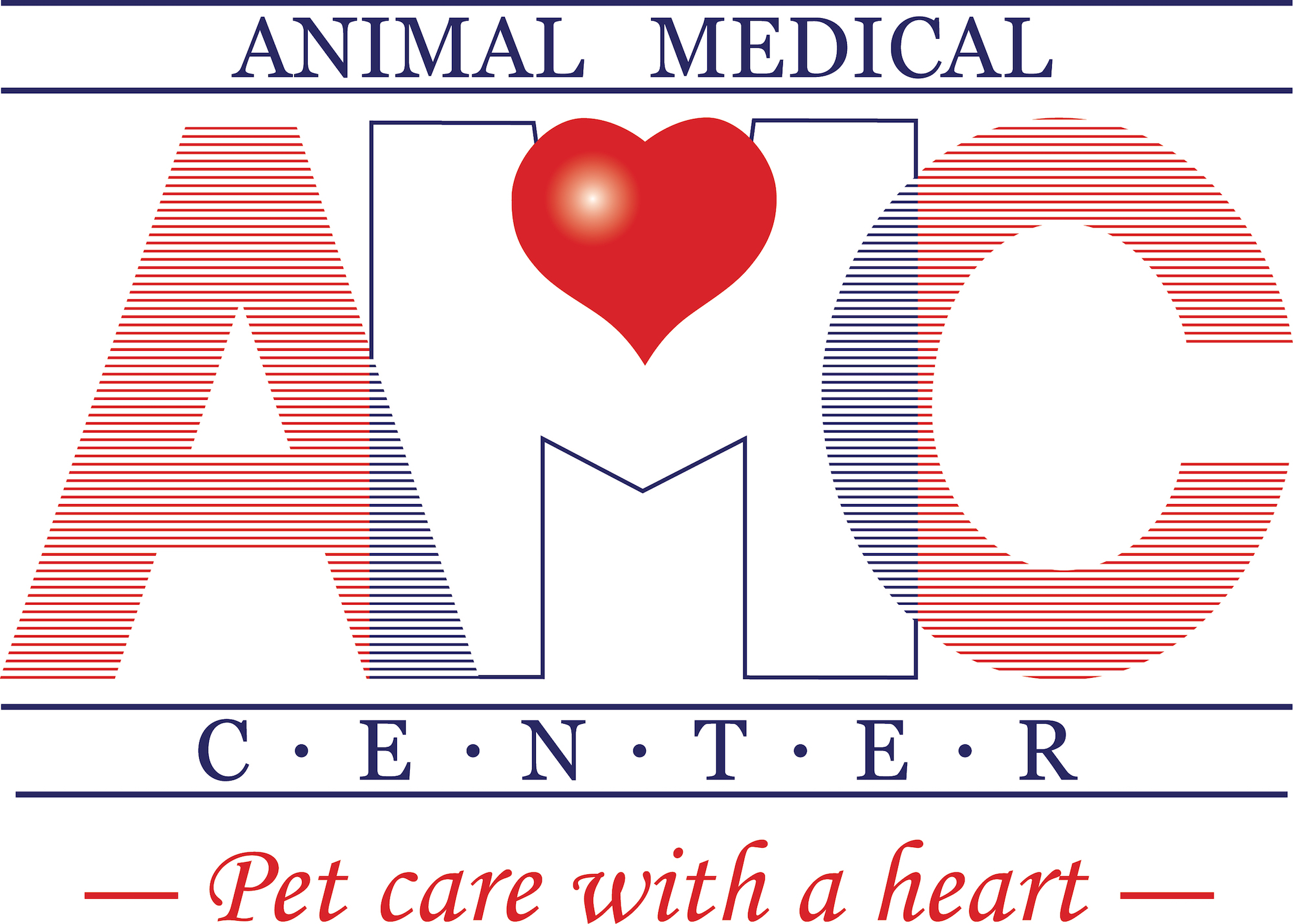Library
-
DNA is a large, complex molecule that carries the genetic information or “code” of an organism. All common forms of life carry a copy of their own genetic code in each of their cells, and each organism has a unique section of DNA that is just like a fingerprint. DNA-PCR is often used to detect the presence of infectious organisms.
-
Dreaming is similar in dogs as it is in people and is a normal part of the rest period. Nightmares do not appear to be typical, but you can see different breathing patterns and some movement of the legs while your dog is dreaming.
-
Dogs have the same five senses that humans have: the ability to see, hear, smell, feel, and taste. Some of these canine senses are very acute and function at a high level. Some people think that dogs have a sixth sense, but this presumption may be based on how well dogs use and integrate their other five senses. There is no scientific evidence that dogs have a sixth sense, but there are anecdotal reports demonstrating how perceptive they are.
-
Just like people, your dog can mourn when there has been a loss in their world, and the symptoms are similar. There are ways that you can help, with some guidance from your veterinarian or a behaviorist if needed.
-
The simple answer to a complicated, much researched question is, yes! Dogs do recognize our facial expressions which makes them wonderful family members.
-
Dogs are not completely color blind, as they can see yellow and blue, as well as shades of gray. Their eye structure allows them to see better in dim light compared to people. Near-sightedness is common among dogs.
-
Dogs have an uncanny ability to process human language using both the left and right sides of the brain. Dogs can build a significant vocabulary. Much like a human infant, dogs recognize intonation and body language to interpret a word’s meaning. Combining vocabulary with perception of tone and body language enhances a dog’s ability to communicate with humans.
-
When choosing a behavior professional to add to your dog's healthcare team, it is helpful to understand what professionals are available, what they do, and how they can help you and your dog. This handout outlines the various roles and specializations of behavior professionals and how to choose, and how to know what is best for your pet.
-
Docusate (Docusate Sodium Bloat Preparation, DSS, Dioctynate®, Pet-Enema®, Enema SA®, Docu-Soft®, Anti Gaz, Bloat Eze, Bloat Go, Bloat Release, Bloat Treatment, Bloat-Lax) is a laxative medication used to soften dry or hard stools and assist with constipation and bloating in animals. It is prescribed for use in dogs, cats, horses, cattle, goats, sheep, and rabbits, but is not recommended for reptiles due to potential fatalities.
-
Dogs love their owners unconditionally and science has proven as much. Their senses of smell and hearing are intensely tied to their recognition of their family members.

